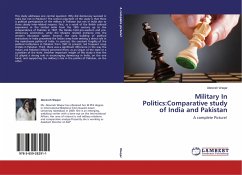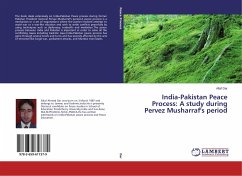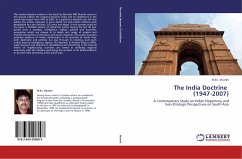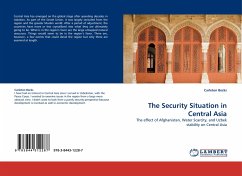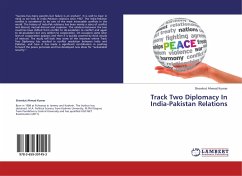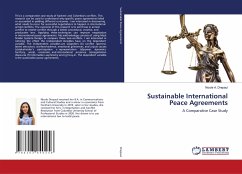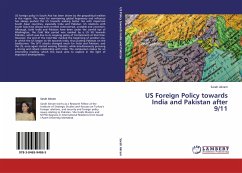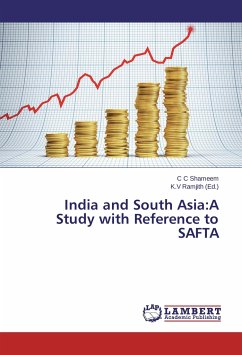This study addresses one central question: Why did democracy succeed in India but not in Pakistan? The central argument of the study is that there is political participation of the military in Pakistan but not in India due to three closely inter-related reasons. First, as a result of the British colonial experience in the United India from the 19th century up to the independence of Pakistan in 1947, the Hindus held pro-western and pro-democracy orientation, while the Muslims resisted entrance into the western education system. Second, the early building of political institutions in India prevented the Indian army from seeking a direct role in the mainstream politics of India. In contrast, the constant fragility of the political institutions in Pakistan from 1947 to present, led frequent coup d'états in Pakistan. Third, there was a significant difference in the way the Indian and Pakistani military perceived them, as an Organ of the state or a custodian of the state. Another important insight of this study is that the US played a strong role in encouraging democracy in India, on the one hand, and supporting the military's role in the politics of Pakistan, on the other.
Bitte wählen Sie Ihr Anliegen aus.
Rechnungen
Retourenschein anfordern
Bestellstatus
Storno

